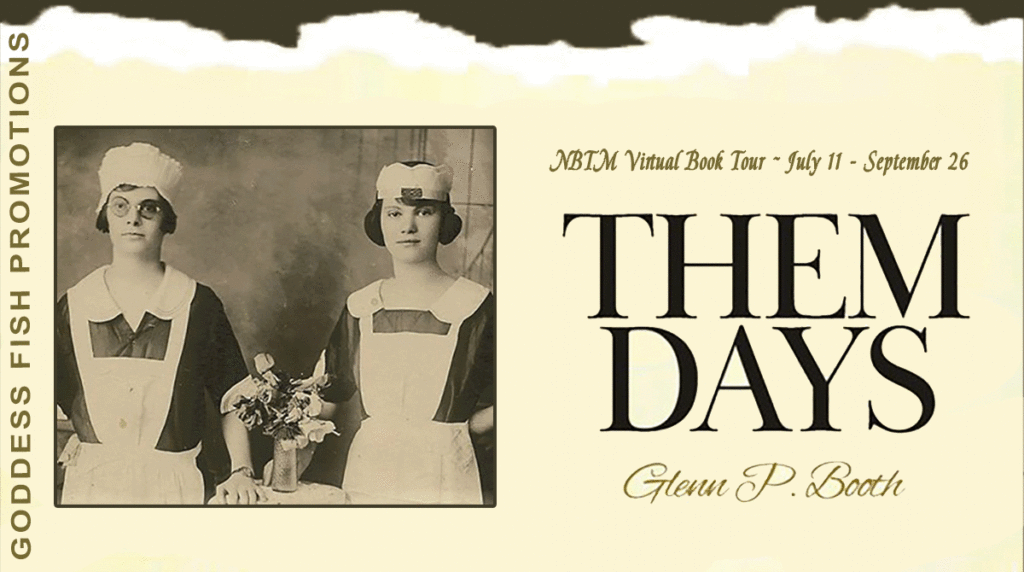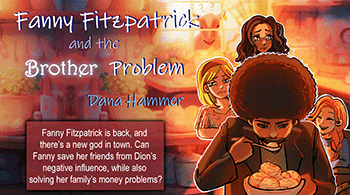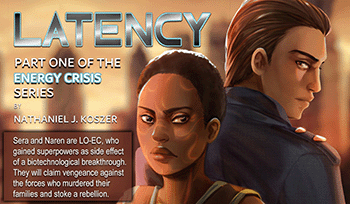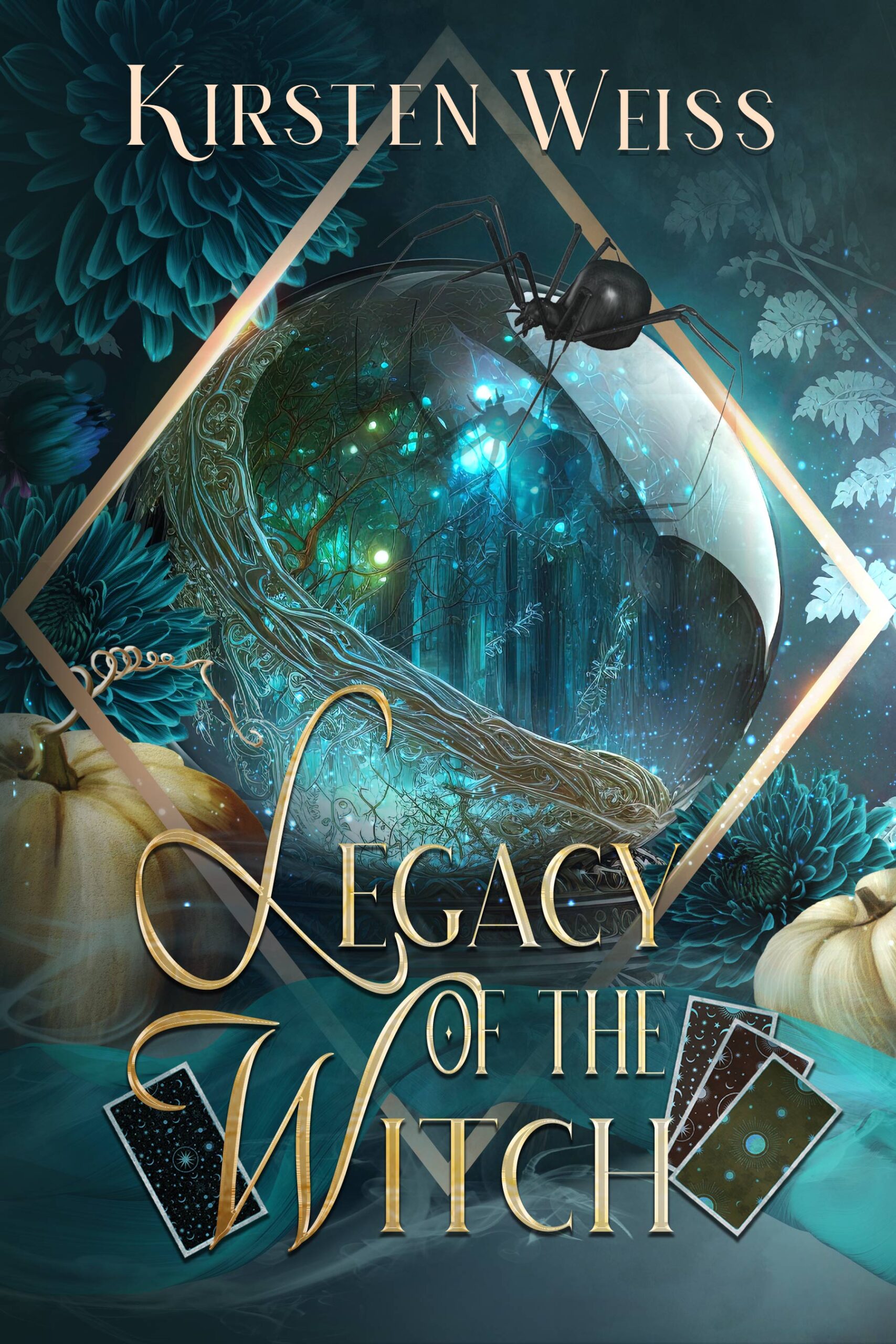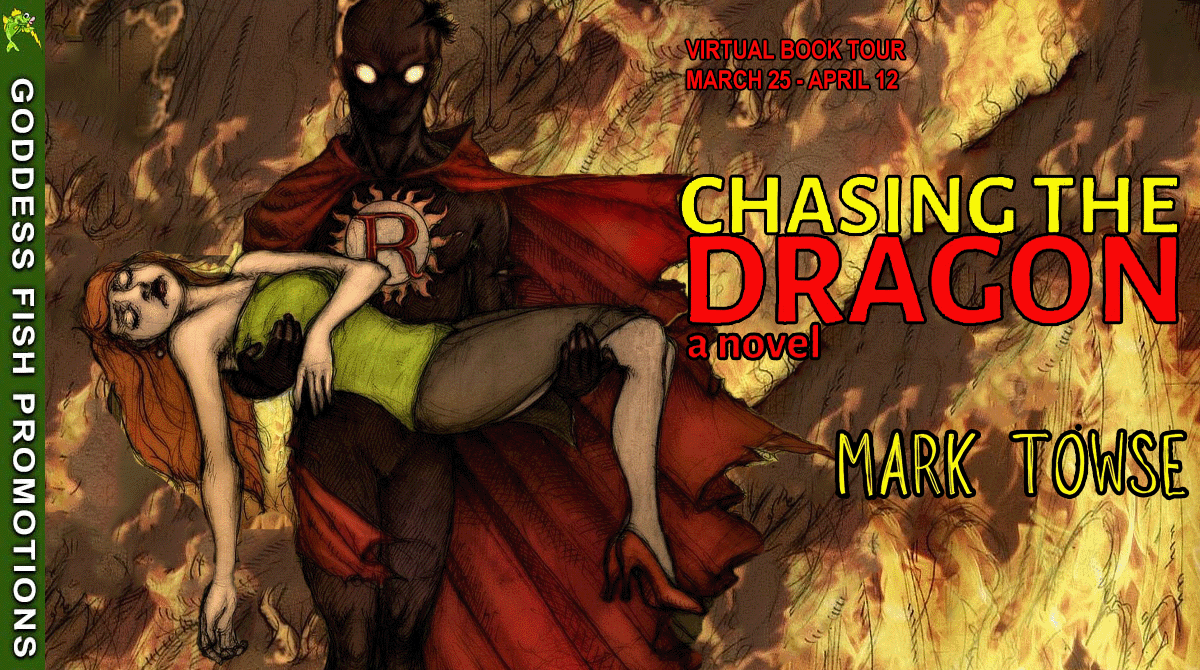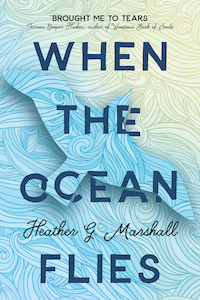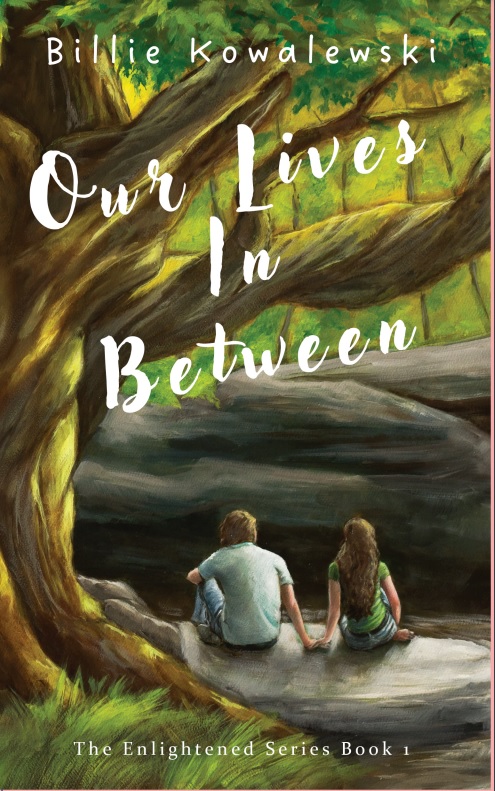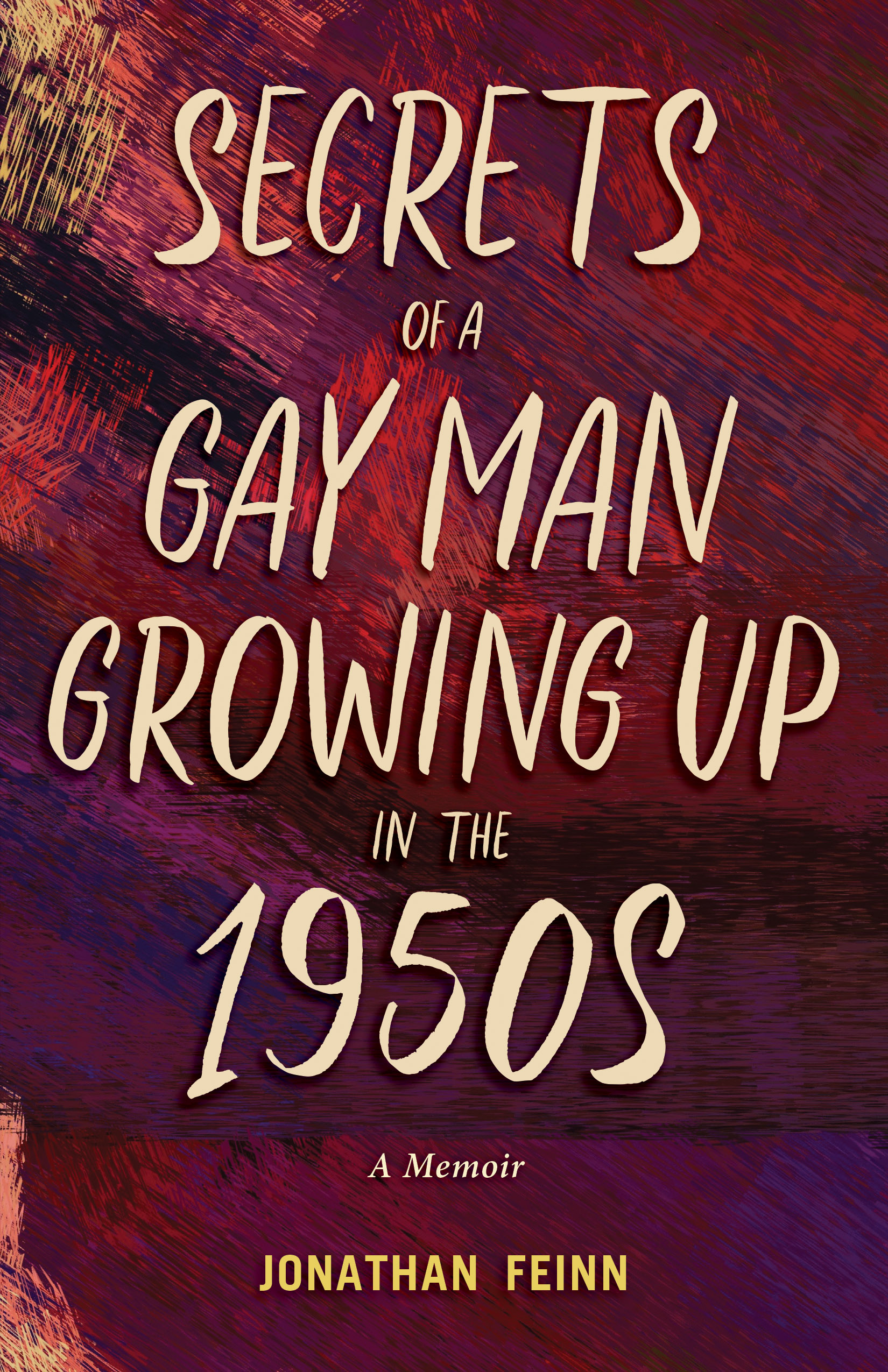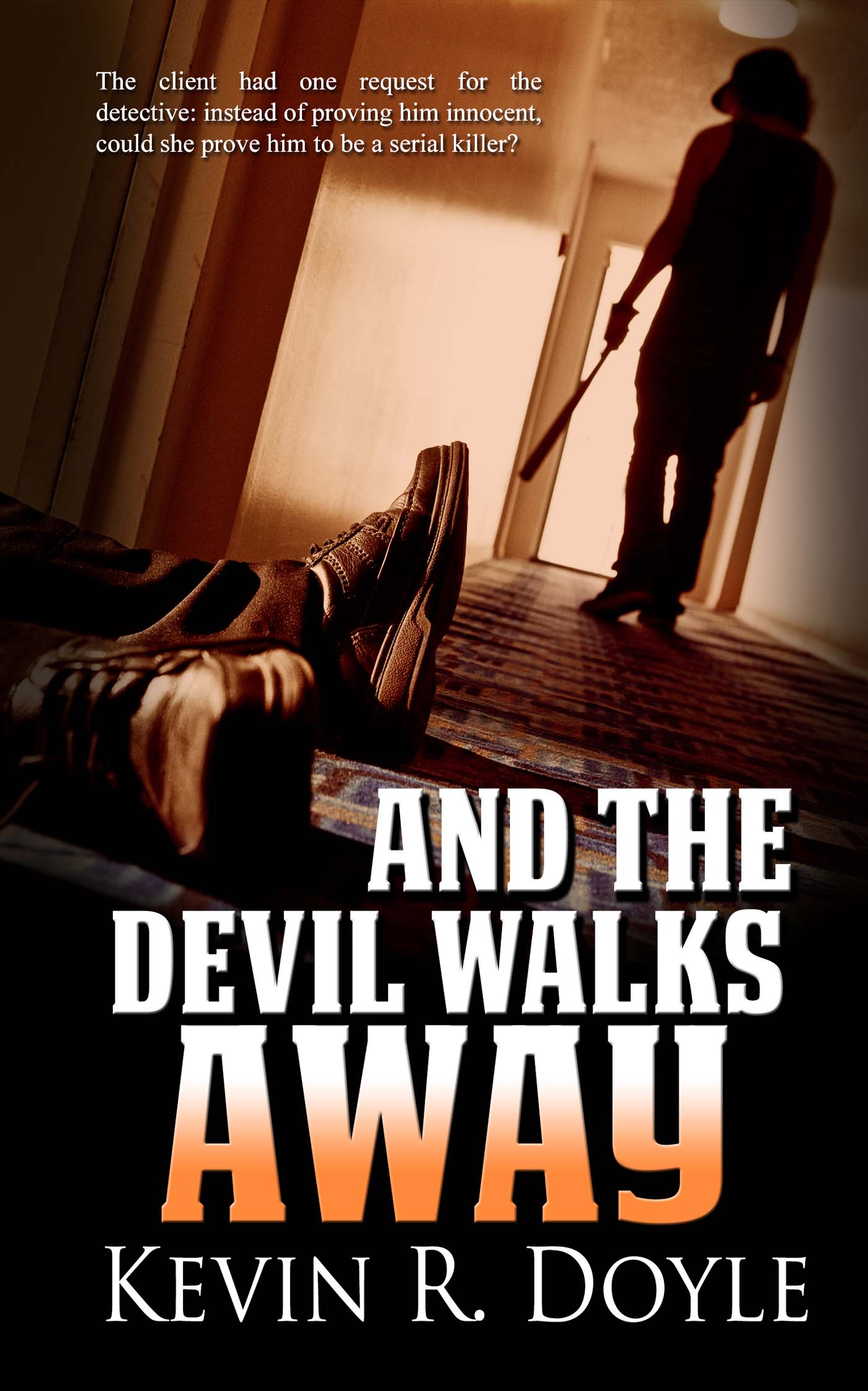This post is part of a virtual book tour organized by Goddess Fish Promotions. Glenn P. Booth will be awarding a $15 Amazon or Barnes and Noble GC to a randomly drawn winner via rafflecopter during the tour. Click on the tour banner to see the other stops on the tour.
A key topic in Them Days is the discrimination that Sofiya and other Ukrainian immigrants experience at the hands of the English Canadians in the early 1900s. During WW1, many Ukrainians had their civil rights suspended and over 5000 of them were interned in work camps across the country. Many of my readers have expressed surprise, especially given that this discrimination occurred between different groups of ‘white’ Europeans. How and why did this happen they ask?
I have no formal training in the area but, in thinking about this, it seems to me that there are three general causes of discrimination.
1. The Tendency to Want to Feel Superior to Others
It’s a natural tendency for humans to compare ourselves with others and to feel better or worse, depending on the comparisons. Are we prettier than so-and-so, smarter, stronger, etc? Our feelings of self-worth are integral to our happiness and feeling better than others is, sadly, a way of improving that sense of self-worth.
If one group can identify another group to whom they can feel superior, then they can feel better about themselves without having to improve their character! Thus, we have seen discrimination throughout the ages between different classes, ‘races’, and social groups where one group feels superior to others simply by being a member of that group; e.g. Brahmins in Hindu society or Europeans comparing themselves to Africans.
In Them Days, when Sofiya is of school age, she happily interacts with children from a mix of eastern European countries – the Ukraine, Russia, Poland, Germany – and they all get along without any need to feel superior to each other. However, when she moves to Winnipeg, she quickly experiences the condescension of the English Canadians. She is shocked and unsure how to respond. On some level, she feels inferior because the English are clearly wealthier and better organized. But at the same time, she senses that it is unjust – she is confused because she simultaneously admires and resents the English.
At its root, the compulsion to compare ourselves to others must spring from a sense of insecurity or we wouldn’t feel the need to compare. So the ‘cure’ to this need to feel superior through comparison is to understand that our self-worth is inherent and should be dependent upon our moral character, not on superficial comparisons between ‘our group’ and members of other groups. Easy to say – much more difficult to do!
2. Fear of Loss of Our Way of Life
Another source of discrimination is our fear that another group somehow threatens ‘our’ way of life. This manifests itself in the fear/hatred of immigrants that we perceive to be different to ourselves. For example, England’s Brexit was largely instigated because many English felt their way of life was being threatened by an influx of other Europeans, especially poorer eastern Europeans. It is also clear in the backlash (or whitelash) in the US against many immigrants, particularly Muslims and Latinos.
In early 1900s Canada, English Canadians felt that ‘low life’ eastern Europeans would degrade the superior English way of life. As the Canadian Encyclopedia on the internment of the Ukrainians states: “They were subjected to racism from White society, which generally viewed them as dirty, indecent, inferior peasants who resembled animals.” In Them Days, Sofiya is told by her English boss that she should “sit straight and not eat like some ravenous animal.”
The cure to this type of discrimination is increased contact between the groups, which usually results in two things: first, both groups realize that the differences between them are not as great as imagined; and, second, the behaviours of the two groups are modified to some extent so that the differences are in fact diminished. This can be seen as so many immigrant groups, for example, become ‘Americanized’ or ‘Canadianized’. This normalization eventually happens in Them Days as many Ukrainian women marry English Canadian men and the dividing lines between the groups are blurred.
3. Fear of Economic Loss
A fear that is sometimes real but more often imagined is that immigrants will steal our jobs and leave us worse off, and perhaps even destitute. This fear manifests itself in Them Days when the returned soldiers get angry at the ‘Bohunks’ who they believe are taking their jobs. Sofiya’s love, Mikhail, is beaten up by some soldiers simply because he is Ukrainian and they’re unemployed.
History tells us that in the long run, immigrants generally do not take the good jobs and put the residents out of work. Immigrants need to eat, obtain accommodation, buy clothes, etc., so their demand for goods creates new jobs. The huge influx of European immigrants into the US and Canada after WWII did not result in unemployment for residents; rather, the economies of both countries boomed and there was plenty for all.
There are times, of course, when there is high unemployment and immigration may worsen the situation in the short term. This was the case in Canada after WWI when the economy fell into a deep recession.
Most professional economists who study the issue agree that immigration is not a cause of economic recession; rather, the causes are tied to economic cycles. In short, better education about the causes of recessions would take the spotlight off immigrants. In Canada, when the economy rebounded during the Roaring 20s, everyone quickly stopped pointing their fingers at the Ukrainian immigrants, and they were soon being sought after as reliable workers.
Discrimination is clearly a complex topic and I don’t pretend to be an expert. However, while the causes of discrimination are deep-seated, I think they can be largely overcome through understanding of the causes, increased contact, and education. History can help us learn and I hope that these ideas are illustrated in Them Days.
“This heartfelt story grabs the reader from the very start and doesn’t let go. Fans of historical fiction are in for a treat.” – The Prairies Book Review
Discrimination, war in Europe, a pandemic. . .
Sofiya, a young Ukrainian immigrant, experiences all of this and more. It could be 2022, but it’s Manitoba in the early 1900s.
Sofiya is the third consecutive girl born on a poor homestead near Gimli in 1903. She is bright and feisty but nothing more is expected of her than to be a domestic, and at age thirteen she is sent to be a maid to a wealthy family in Winnipeg. There, she experiences the condescension of the English towards the ‘Bohunks’, while her half-brother is interned during WW1, deemed an enemy alien.
While the Great War is raging in Europe, an undeclared war between the classes is being fought at home. This conflict comes to a head in the Winnipeg General Strike of 1919 when the working classes rise up against their English masters, shut down the city and demand a better deal. The city is divided and everyone must choose a side.
Them Days takes you on Sofiya’s journey, as she discovers what it means to be an immigrant and a woman, struggling to find love and her identity – at the same time that Canada is breaking free from Mother England’s apron strings.
Enjoy an Excerpt
“In them days, we wuz poor but happy.”
You’re probably laughing at how trite this is. But I’ve heard my sister Helen, and several other members of my family, speak those exact words more times than I care to remember. And it’s exactly how they remember “Them Days.”
For us, Them Days goes back to growing up north of Winnipeg on marginal farmland at the turn of the 20th century. Like tens of thousands of Ukrainian and other Eastern European immigrants, my family had come searching for a better life in Canada, lured by the promise of free land.
For the most part, the promises were kept, although, as it would turn out, a few “extras” were thrown into the deal. Unfortunately for my family, like many Ukrainians, they had requested land with wood on it. Back in the old country, they had often frozen through long winters on the Steppes because of a lack of wood for building fires. The Canadian government’s land agent obliged, and they were given some scratchy stony ground near Gimli, Manitoba, where the fertile prairie gives way to swampy Boreal forest. But it had wood!
With this endowment, it was bound to be a hard life. But my sister still remembers it as a time of happiness.
Memories—how they play tricks on us—and how they vary from person to person. It never ceases to amaze me how my family members remember the same events so differently.
It was a warm June day in 1982, the last time the seven of us who had survived to late adulthood had gotten together for an informal family reunion. We were sitting in my youngest sister’s trailer, which was parked on the old family homestead. None of us were regular drinkers, but the occasion had inspired my brothers to have a little whiskey, and my sisters and I were sipping some white wine.
Sure enough, whether it was the heat, the alcohol, or just our age and the occasion, my siblings waxed maudlin. And it didn’t take long before Helen spoke those familiar words, “In them days…,” and my brothers nodded in agreement. Soon, happy stories of Them Days came pouring out like a prairie river spilling over its banks in the spring.
About the Author: Glenn was born and raised in Winnipeg, where he lived with his Ukrainian grandmother, Helen Lesko, after he and his brother were orphaned just before his fourteenth birthday. He grew up listening to Helen’s stories about ‘Them Days’ growing up on the homestead near Gimli, and life in Winnipeg in the late 1910s and 1920s.
Glenn was born and raised in Winnipeg, where he lived with his Ukrainian grandmother, Helen Lesko, after he and his brother were orphaned just before his fourteenth birthday. He grew up listening to Helen’s stories about ‘Them Days’ growing up on the homestead near Gimli, and life in Winnipeg in the late 1910s and 1920s.
Glenn attended the University of Manitoba and the University of Alberta where he respectively obtained his Bachelor of Science and Master of Arts (Economics) degrees. Among other jobs, he subsequently worked with Canada’s National Energy Board, where he held positions including Chief Economist, Executive Director of Corporate Planning and External Relations, and Executive Director of Communications and Human Resources.
Glenn has published one other novel, Demons in Every Man, a murder mystery set in the Calgary oil patch, published by Friesen Press in 2019.
The author lives in Calgary with his Brazilian-born wife of 36 years, Elisabeth. Glenn and Elisabeth have two grown sons who are now successfully making their way in the world. Glenn enjoys returning to Winnipeg every summer to visit with his cousins and old friends, and to enjoy cottage life on Lake Winnipeg. While in Calgary, he loves scrambling and hiking in the Rockies, as well as mountain biking and X-country skiing with friends. Of course, Glenn is also an avid reader.
Buy the book at Amazon, Amazon CA, Chapters Indigo, Barnes and Noble, or Book Depository.
